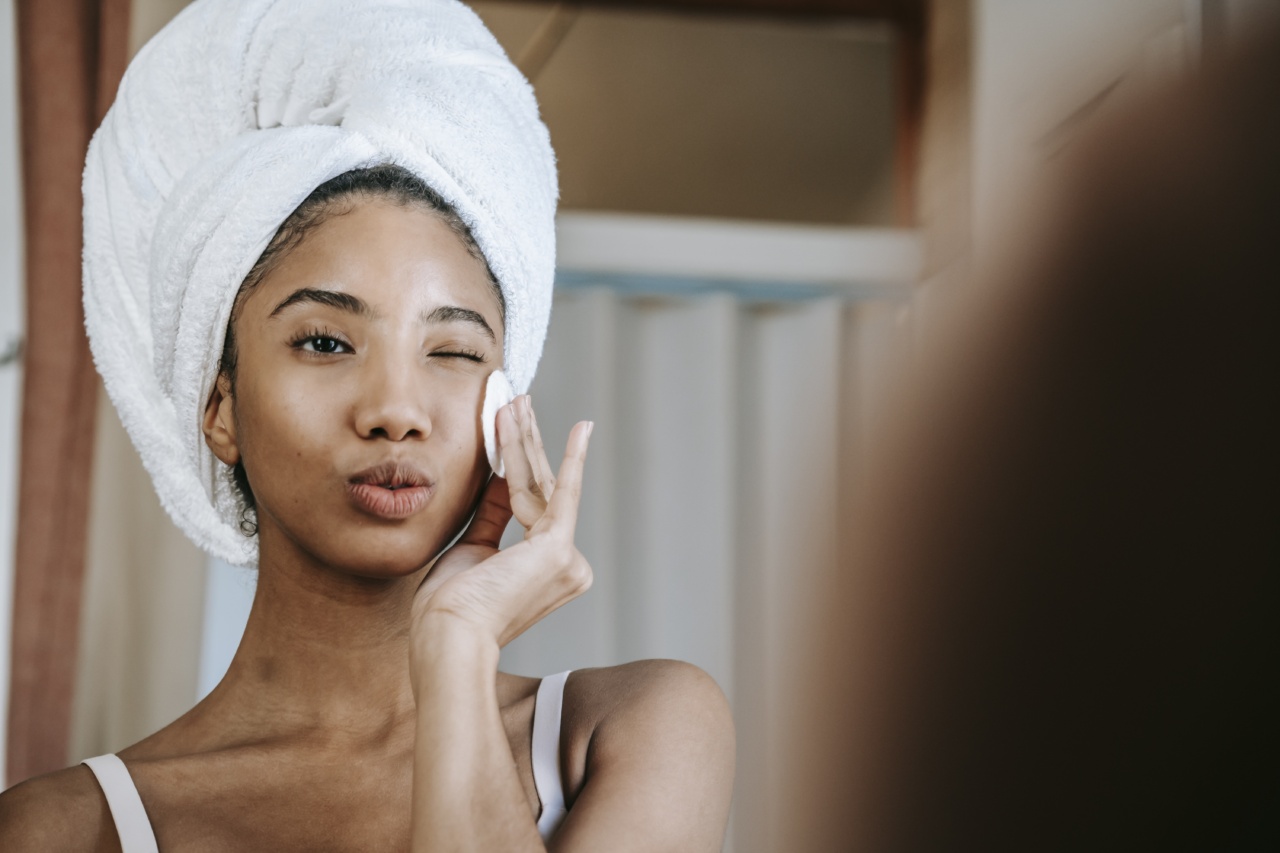Aging is a natural biological process that every living organism experiences. It is the gradual deterioration of various functions in our body, leading to a decline in physical and mental capabilities.
The Impact of Aging on our Body
As we age, our body undergoes several changes that affect our overall health and appearance.
Some common signs of aging include wrinkles, fine lines, sagging skin, decreased muscle strength, reduced bone density, memory loss, and decreased energy levels.
The Role of Vitamins in Anti-Aging
Vitamins play a crucial role in slowing down the aging process and promoting overall health and well-being. They are essential micronutrients that our body needs in small amounts to function properly.
Here are some key vitamins that contribute to anti-aging:.
Vitamin A
Vitamin A is a powerful antioxidant that helps in repairing and renewing the skin cells. It promotes collagen production, which gives the skin its elasticity and prevents the formation of wrinkles and fine lines.
Foods rich in vitamin A include carrots, sweet potatoes, spinach, and liver.
Vitamin C
Vitamin C is essential for the production of collagen, a protein that keeps the skin firm and youthful-looking. It also acts as an antioxidant, protecting the skin from damage caused by free radicals.
Citrus fruits, berries, bell peppers, and leafy greens are excellent sources of vitamin C.
Vitamin E
Vitamin E is known for its antioxidant properties, which help combat oxidative stress and protect the skin from damage. It also aids in improving blood circulation, promoting a healthy complexion.
Good sources of vitamin E include nuts, seeds, vegetable oils, and avocados.
Vitamin D
Vitamin D is essential for maintaining healthy bones, as it helps in the absorption of calcium. Strong bones are vital for preventing fractures and osteoporosis, a condition commonly associated with aging.
Our body synthesizes vitamin D when exposed to sunlight, but it can also be obtained from fortified foods and supplements.
Vitamin B Complex
Vitamin B complex includes a group of vitamins that play a crucial role in energy production and cellular metabolism. These vitamins help maintain healthy skin, hair, and nails.
Whole grains, legumes, nuts, and leafy greens are excellent sources of vitamin B complex.
Coenzyme Q10
While not technically a vitamin, coenzyme Q10 (CoQ10) is a powerful antioxidant that our body naturally produces. Its production decreases with age, making supplementation important.
CoQ10 enhances cellular energy production and protects the skin from damage caused by free radicals.
Omega-3 Fatty Acids
Omega-3 fatty acids are essential fats that our body cannot produce on its own. They have numerous health benefits, including reducing inflammation and promoting healthy skin.
Fatty fish like salmon and sardines, flaxseed, and walnuts are excellent sources of omega-3 fatty acids.
Collagen Supplements
Collagen is a protein that keeps our skin firm and supple. As we age, collagen production decreases, leading to the development of wrinkles and sagging skin.
Collagen supplements can help replenish collagen levels, improving skin elasticity and reducing visible signs of aging.
Antioxidant-Rich Foods
Incorporating antioxidant-rich foods into your diet is crucial for combating the effects of aging. These foods neutralize harmful free radicals and protect the body from cellular damage.
Berries, dark chocolate, green tea, and colorful fruits and vegetables are all excellent sources of antioxidants.
Exercise and Anti-Aging
Regular exercise is not only beneficial for our physical health but also plays a significant role in slowing down the aging process.
Exercise improves blood circulation, boosts oxygen supply to the skin, and promotes the production of collagen, keeping the skin youthful and radiant.































